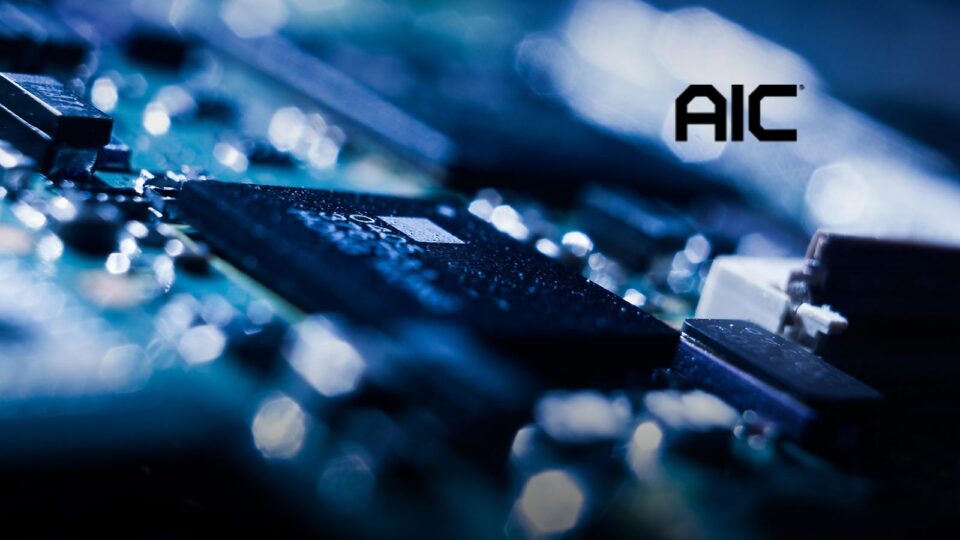AIC Inc., a leading provider in enterprise storage and server solutions, announced the availability of its new server boards and multi-node server systems that are powered by AMD EPYC 7003 series processors (codename Milan). These AIC AMD EPYC™ 7003 series processor–based products are designed to deliver superior performance while offering enhanced cost efficiency.
The AMD EPYC™ 7003 series processors are based on the new “Zen3” cores architecture and contain up to 64 cores and 128 threads, delivering breakthrough performance per socket. The new 7003 series CPU supports fast PCIe Gen4, which provides double data transferring rate and two times higher I/O throughput compared to PCIe Gen3. With its 4-6-8 memory channel interleaving design, the AMD EPYC™ 7003 series processor provides better performance in accelerating memory-intensive workloads.
Recommended ITech News: Credo Introduces PAM4 DSP for High-Performance Data Centers and Enterprise Networks
AIC Auriga and Elpis are single-socket server boards that support AMD EPYC 7003 series processors and 8 memory channels with up to 2TB DDR4 memory per socket and 3200 MHz DDR4. These products are designed to support the full family of AMD EPYC™ SKUs, from 8 cores to 64 cores. The server boards leverage the latest AMD EPYC™ SoC technologies and are engineered to have more expansion capabilities with great TCO.
Recommended ITech News: Veytec Uses Netformx LifecycleXpert to Automate Lifecycle Incentive Management Processes
AIC HP201-AG and HP202-AG are 2U 4-node server systems. Each node supports one Auriga server board. The systems are designed with high expansion capabilities to support three PCIe Gen4 x16 slots. Users have the flexibility to choose between HP201-AG that has twenty-four front-access 2.5″ NVMe SSD trays and HP202-AG that has twelve 3.5″ SAS/SATA HDD trays to ensure the best cost scenario and storage capability for their applications. Moreover, there is a unique cage design that supports internal eight 7mm SATA SSDs for both models so each node is allocated with two extra SATA SSDs. Taking advantage of the innovations of AMD EPYC™ 7003 processors, the systems provide high performance, high storage density and high I/O expansion capability, and are preferable in application scenarios such as hyper-converged infrastructure, HPC, cloud and edge computing.
Recommended ITech News: New Report Discusses IT/OT Convergence for Telcos


